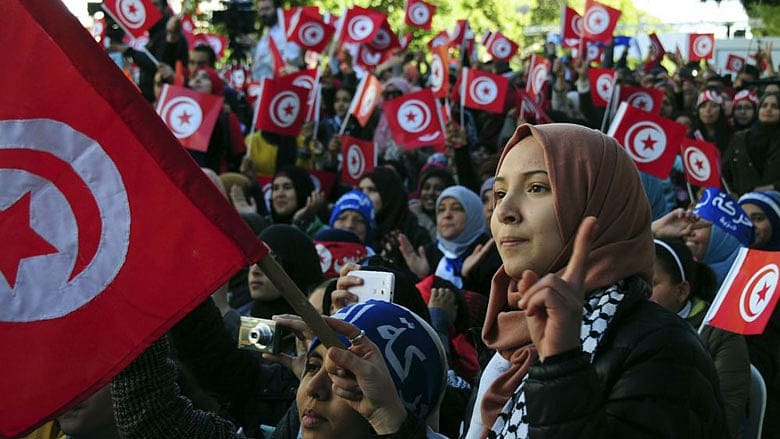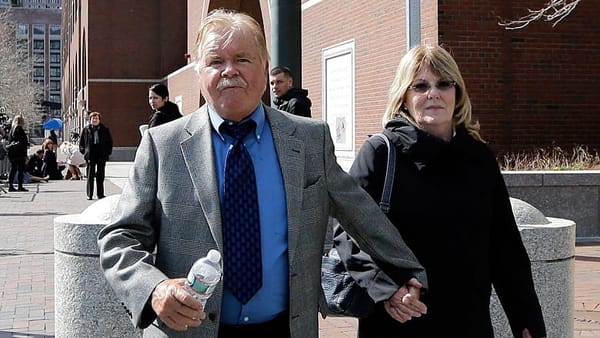Kerry seeks to disconnect religion from terrorism

(CNSNews.com) – Reiterating his argument that a lack of jobs, more than religious ideology, lies behind the "scourge" of terrorism, Secretary of State John Kerry in a commencement speech Friday pointed to the fact that those who ignited the so-called "Arab spring" five years ago were not motivated by religion.
In Tunisia and Egypt, those credited with launching the revolutions were driven not by religion but by frustration about state corruption and a lack of opportunities, hesaid at Northeastern University in Boston.

